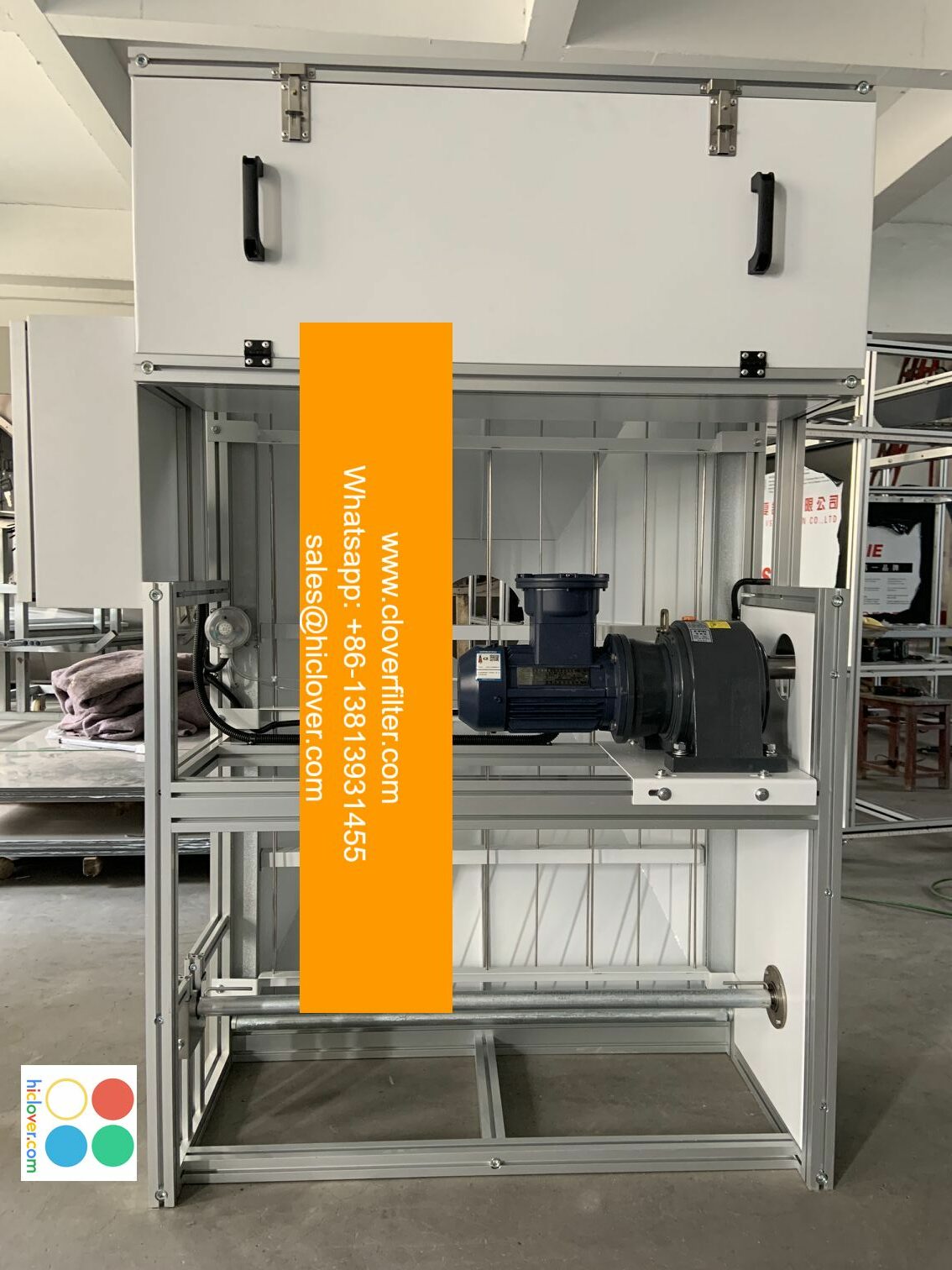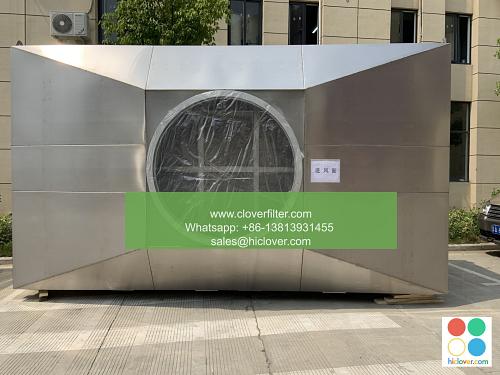How Air Filters Can Reduce Pesticide Exposure in Homes

Pesticide exposure is a growing concern for homeowners, as these chemicals can have serious health implications, particularly for children and pets. Air pollution control is essential in minimizing the risks associated with pesticide exposure. One effective way to reduce pesticide exposure in homes is by using high-efficiency air filters that can capture particulate matter, including pesticide particles. In this article, we will explore the role of air filters in reducing pesticide exposure in homes and highlight various application areas.
How Pesticides Enter Homes
Pesticides can enter homes through various means, including soil pollution, water pollution, and air pollution. When pesticides are used outdoors, they can be tracked into homes on shoes, clothing, and pets, contaminating indoor air quality. Additionally, pesticide-laced consumer products, such as insecticides and rodenticides, can also release volatile organic compounds (VOCs) into the air, contributing to indoor air pollution.
The Role of Air Filters in Reducing Pesticide Exposure
Air filtration systems can play a crucial role in reducing pesticide exposure in homes by capturing pesticide particles and VOCs from the air. HEPA filters, in particular, are designed to capture 99.97% of particles as small as 0.3 microns, including pesticide particles. By installing whole-house air filters or portable air purifiers with HEPA filters, homeowners can significantly reduce their exposure to pesticides and other indoor air pollutants.
Application Areas for Air Filters
Air filters can be applied in various areas of the home to reduce pesticide exposure, including:
* Living rooms: Installing portable air purifiers with HEPA filters in living rooms can help capture pesticide particles and VOCs from the air.
* Kitchens: Using range hoods with charcoal filters can help remove pesticide particles and grease particles from the air.
* Bedrooms: Installing whole-house air filters or portable air purifiers with HEPA filters in bedrooms can help reduce exposure to pesticide particles and allergens while sleeping.
* Basements: Using dehumidifiers with built-in air filters can help remove pesticide particles and moisture from the air in basements.
Additional Tips for Reducing Pesticide Exposure
While air filters can be an effective way to reduce pesticide exposure, there are additional steps homeowners can take to minimize their exposure, including:
* Using integrated pest management (IPM) techniques to reduce the need for pesticides.
* Removing shoes before entering the home to prevent tracking in pesticide particles.
* Washing clothing and bedding regularly to remove pesticide residues.
* Using non-toxic consumer products to reduce exposure to VOCs and pesticide particles.
Conclusion
Reducing pesticide exposure in homes is crucial for maintaining good health and indoor air quality. By using high-efficiency air filters and implementing additional strategies, such as IPM techniques and non-toxic consumer products, homeowners can minimize their exposure to pesticides and create a healthier living environment. Remember, air pollution control is key to reducing pesticide exposure, and air filters can play a vital role in achieving this goal. You haven’t provided a question or topic for discussion. What would you like to talk about?

